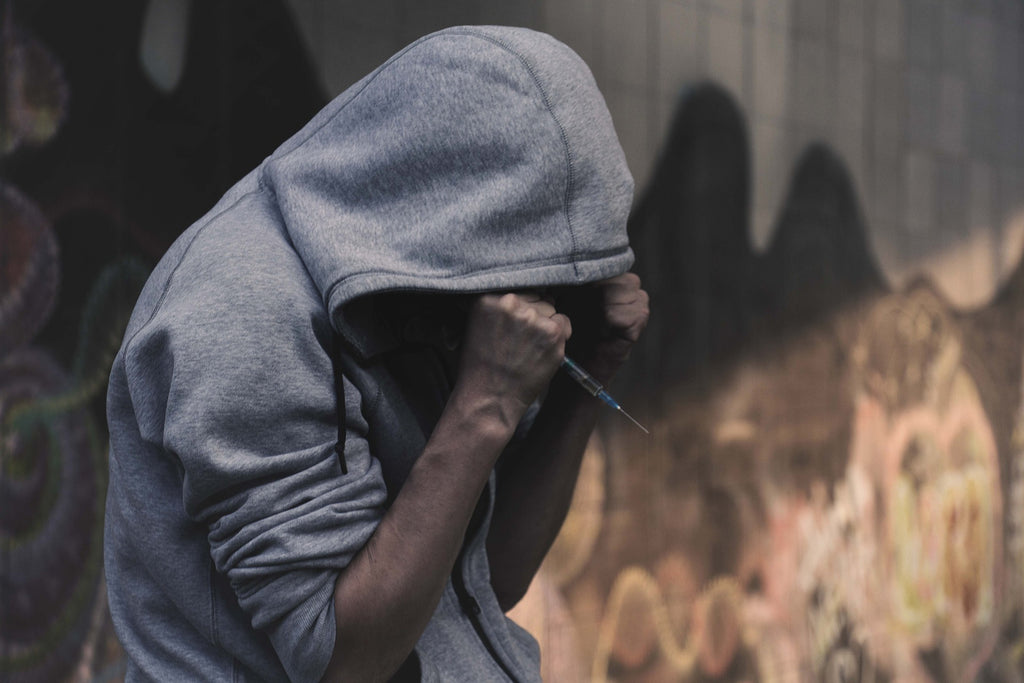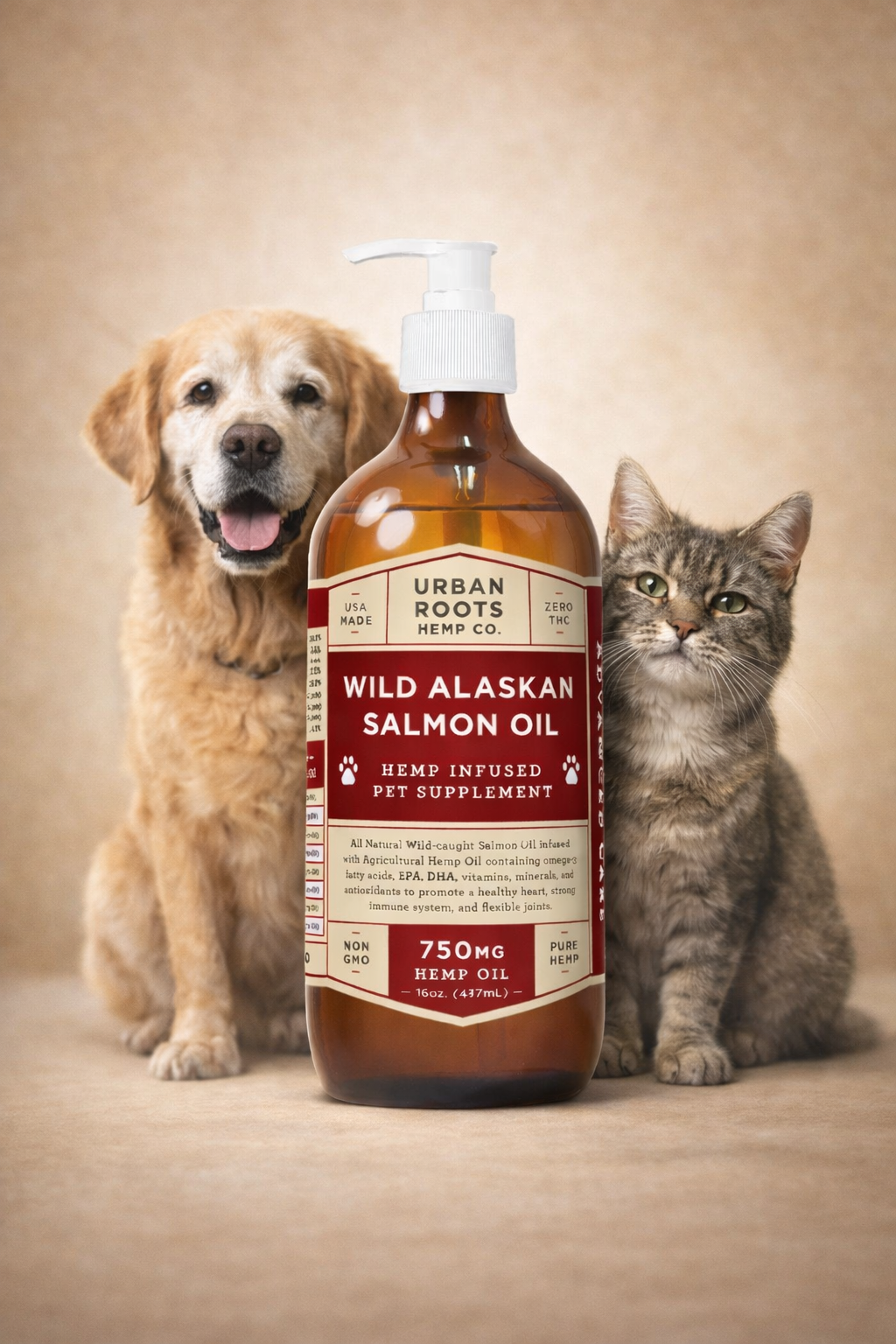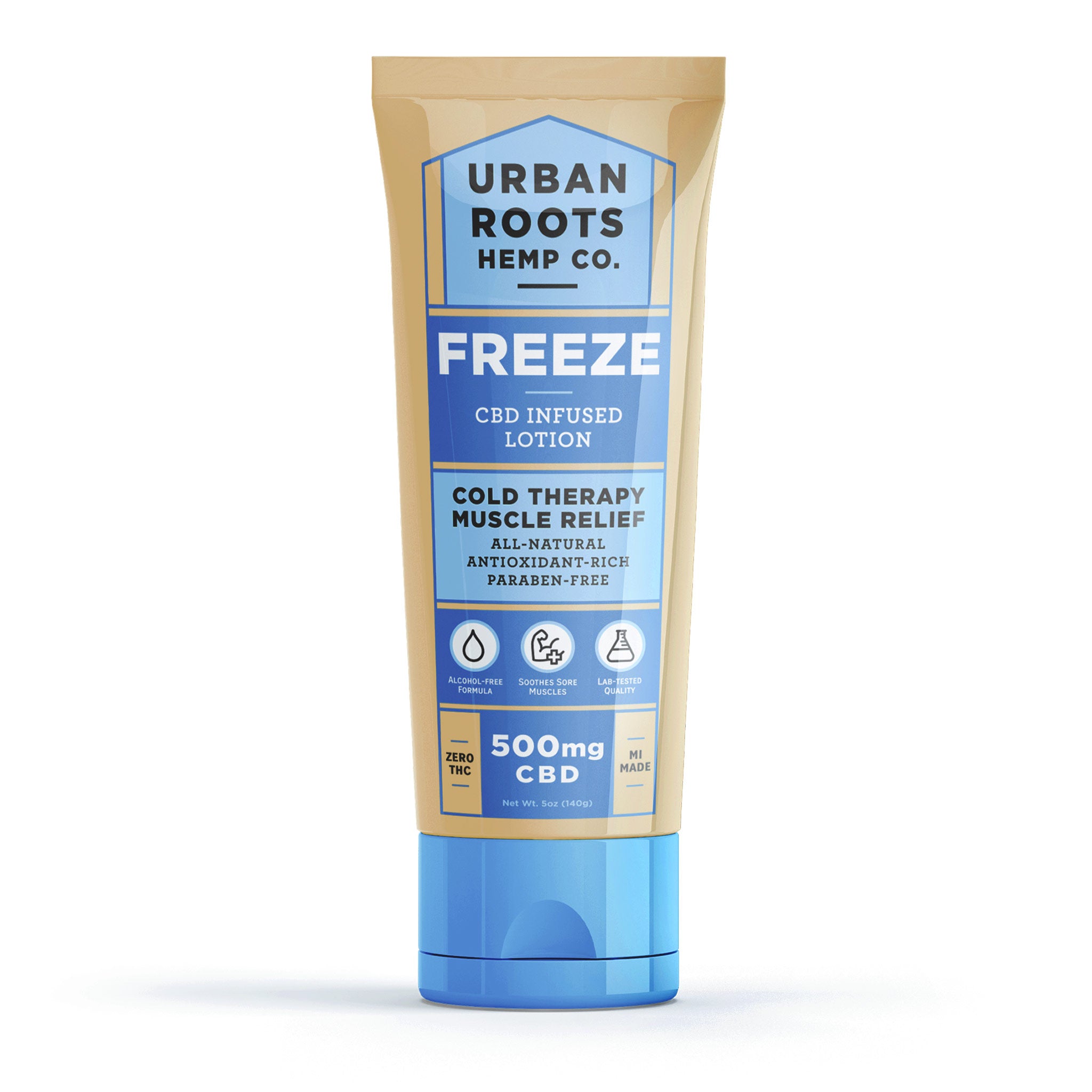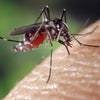Human Trials Approved for New CBD Drug for Opioid Addiction


The United States continues to be in the grips of an opioid epidemic. According to data from the CDC, estimated overdose deaths from opioids increased from 56,064 deaths in the period between April 2019 to April 2020 to 75,673 deaths in the period between April 2020 to April 2021.
During the same period until April 2021 there was an estimated total of 100,306 deaths from all types of drug overdoses. According to these numbers, opioids were the cause of over 75% of overdose deaths. And the problem only seems to be getting worse.
Those numbers don’t even include indirectly related deaths, like those caused by HIV contracted through sharing needles and violence related to the opioid trade. Needless to say, the magnitude of this crisis has caught the attention of medical professionals and government officials alike, causing them to look for potential solutions to the epidemic.
CBD products might be one piece of that solution. In this article, we’re going to cover the basics of opioid addiction, how CBD may be able help, and the details of the recent FDA approval of human trials for a CBD-containing drug for opioid addiction.
Let’s jump right in.
New Developments with the FDA
The FDA recently approved clinical human trials for a new drug called Nantheia™ ATL5, an investigational drug using cannabidiol. The drug was created by Ananda Scientific, a large biotech pharma company, and the trials will be run through the Jane and Terry Semel Institute for Neuroscience and Human Behavior at UCLA. The trials will be funded by the U.S. National Institute on Drug Abuse.
“This is the fourth IND approval for our investigational drug Nantheia™ product line, and it further re-enforces our vision of developing CBD as a therapeutic for a number of key indications. This clinical study at UCLA is an important component of our clinical development efforts focused on opioid addiction, where a non-addictive therapy is a significant unmet need,” said Sohail R. Zaidi, ANANDA’s Chief Executive Officer.
This approval is a huge win for CBD legitimacy, which has been slow in the eyes of many government officials and organizations. If approved for use, it will be the second FDA approved drug containing CBD, the first being EPIDIOLEX, which is a prescription medication used to treat seizures associated with Lennox-Gastaut syndrome (LGS), Dravet syndrome, or tuberous sclerosis complex (TSC).
Let’s look a little closer at what opioid addiction is and how CBD may be able to help to understand better why drug companies and the FDA are considering it for treatment.
What Is Opioid Addiction?
Before we can understand how CBD may help combat opioid addiction, we first have to know what addiction is on a basic level. According to John Hopkins Medicine, opioid addiction, also known as Opioid Use Disorder, is characterized by the following:
“Opioid Use Disorder is a medical condition defined by not being able to abstain from using opioids, and behaviors centered around opioid use that interfere with daily life. Being physically dependent on an opioid can occur when someone has an opioid use disorder, and is characterized by withdrawal symptoms such as cravings and sweating.”
Over time, opioids will change the chemistry of the user’s brain, leading to more and more tolerance and requiring higher and higher doses of the drug to feel the effects. When they stop taking the drug, the user will experience physical and psychological symptoms of withdrawal, potentially including muscle cramping, diarrhea, vomiting, and anxiety.
The change in brain chemistry leads to extreme cravings for the opioid and intense anxiety once your body begins to enter withdrawal.
How Can CBD Help Opioid Addiction?
Although the mechanism is not fully understood, CBD is thought to help both the cravings and the anxiety related to them. One theory for why this might be the case is that CBD may stimulate receptors for certain neurotransmitters, like serotonin. Serotonin is closely related to a wide range of bodily functions and conditions, including anxiety, depression, mood, appetite, sleep, and more.
As we point out in another article of ours, CBD receptors are found on serotonin neurons, and they're also visible in the corresponding inhibitory receptors. Specifically, CBD is thought to interact with 5-HT1a receptors that control serotonin levels in the brain and body. This leads to the conclusion that cannabinoids may increase serotonin levels in certain situations and reduce them in others.
CBD’s relationship to serotonin most likely plays a key role in reducing the anxiety associated with withdrawal disorder, as well as in the “masking” of or eliminating a person’s craving for the opioid.
CBD and Opioid Addiction: What We Know So Far
A study completed by The American Journal of Psychiatry that found that opioid addicts who received CBD oil felt their cravings decrease by two or three times compared to those who received the placebo. Additionally, after consuming CBD for three days it took seven days for the opioid cravings to return.
The same study was discussed in this article, and they go on to say that the individuals receiving CBD reported less craving after being exposed to certain drug cues (images of needles, videos of intravenous drug use, etc.) compared to individuals receiving placebo. Furthermore, the study also stated that the effect lasted at least a week after the CBD administration, when individuals receiving a high dose of CBD still reported less craving compared to the placebo group.
Conclusion
CBD products seem to check a lot of the boxes when it comes to opioid addiction treatment:
- CBD is a non-opioid substance
- CBD is non-psychoactive and non-addictive
- CBD is well tolerated by the majority of people who consume it
- CBD does not have any serious negative or long term side effects
- Preliminary studies suggest that CBD may reduce anxiety and cravings for people going through opioid withdrawal
More studies are definitely needed to understand CBD’s full effect on the brain and how it can be used in efforts to combat opioid addiction. The approval for human trials by the FDA for Nantheia™ ATL5 is a huge first step and will hopefully lead to more studies, approved drugs, and trials down the road.
This development is also a big step for CBD in general. If it’s getting traction for opioid addiction, then you have to wonder how many other ways it could be helping you that we don’t even know about yet. So talk to your doctor, start your regimen, and let us know how many ways CBD has helped your health and wellness!
We will do our best to keep you informed of new developments and information related to CBD and opioid addiction as they come up. This most recent FDA approval is very encouraging, and we are excited to see what comes next!
Contact the Urban Roots Hemp Co. team for more information on CBD and how you can use it to improve your health and wellness.









